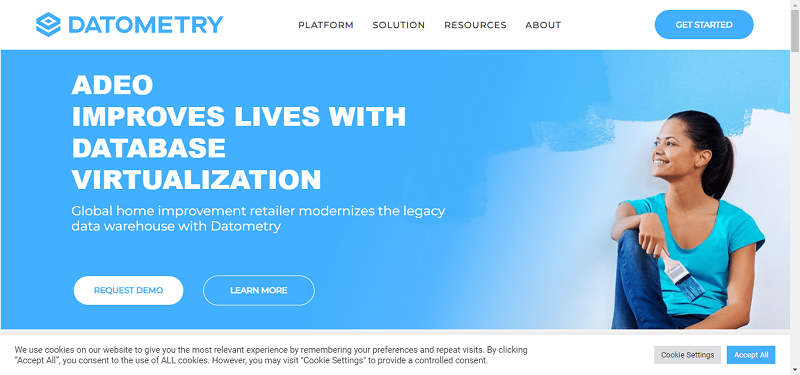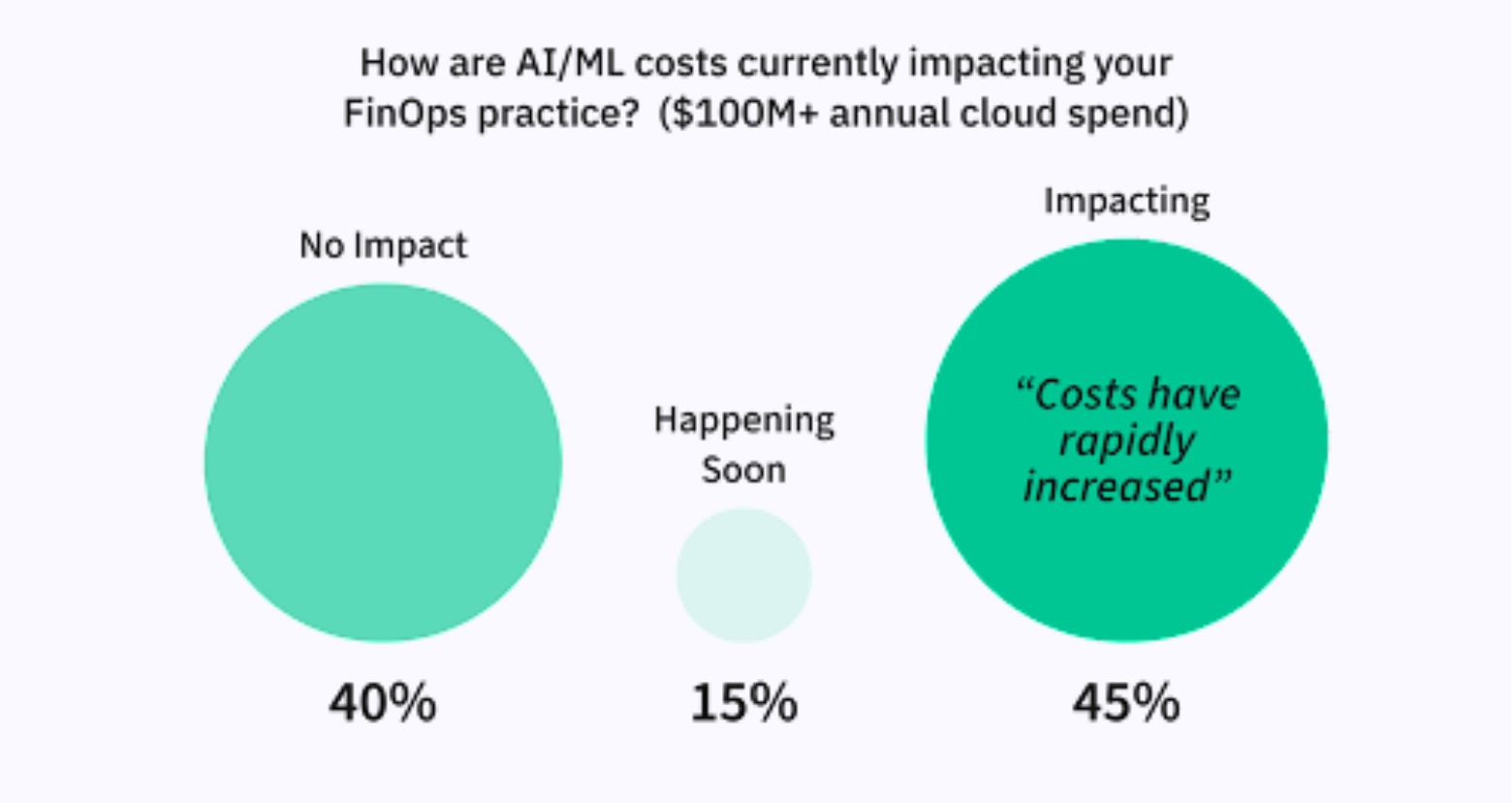Implementing cloud computing services and technology means, to most, employing the latest solutions available, taking advantage of high-quality services that would be unaffordable in an on-premise situation, and benefiting from the skills and expertise required to ensure responsible compliance and absolute security. Although it is possible to find these complete solutions, business leaders should be aware that all cloud service providers are not alike. Notably, the development and execution of cloud security policies should be dealt with in-house as enterprises rely more and more on cloud storage, and data privacy and security concerns mount.
Although security professionals often don’t advocate a move to the cloud, the benefits it provides for business transformation and performance, agility, and cost savings has made the action indubitable. However, most organizations aren’t moving all of their data to the public cloud, and connections with cloud services change repeatedly. When developing security policies, internal infrastructure is typically considered, but the security of cloud networks and storage should also be defined. Because cloud Service Providers aren’t always transparent around their own security, organizations need in-house cloud security policies which define the type of data that can move to the cloud, and tackle the associated risks. Defining who has decision-making capabilities around data transfers and who can access data across various applications is the first step of a cloud risk assessment.
When developing a cloud security policy, it’s important to have proper organizational support in place, ensuring it will be accepted and enforced by the entire business. Operators authorized to sign off cloud projects must be appointed, and an explicit approval and review of procurement workflow established. Once the framework is in place, address data type classifications and sensitivity, considering what can and cannot be done for data categories including customer and employee information, financial and accounting records, structured and unstructured data, etcetera. Finally, confirm your cloud security policy is compliant with internal policies, data security laws, privacy regulations, and Government directives. Specifically detailing these obligations can help align your cloud security policy with other controls.

Cloud service providers aren’t required to provide their clients with the minutiae of their security controls, and so businesses are forced to put a certain amount of faith in their chosen providers. Although SLAs and contracts provide some power, it’s difficult to make any changes to these documents. Of course, the larger and respected cloud providers will customarily have a better handle on security than the average organization; this, however, does not mean it should be left entirely in their hands.
Jamie Tischart, CTO for cloud/security as a service, Intel, proposes some significant questions organizations should be asking their cloud service providers. It’s important not to assume anything is or isn’t provided, and find out for yourself how your cloud service provider handles data security and privacy through in-depth reviews of terms and conditions, and additional discussions after that.
Before settling on a service, find out:
These questions provide a strong foundation, but be sure to ask for clarification should anything be vague or appear risky. Too many organizations are obliviously trusting of the experts they engage with; understanding security processes and requirements fosters a safer business environment that benefits us all.
By Jennifer Klostermann





